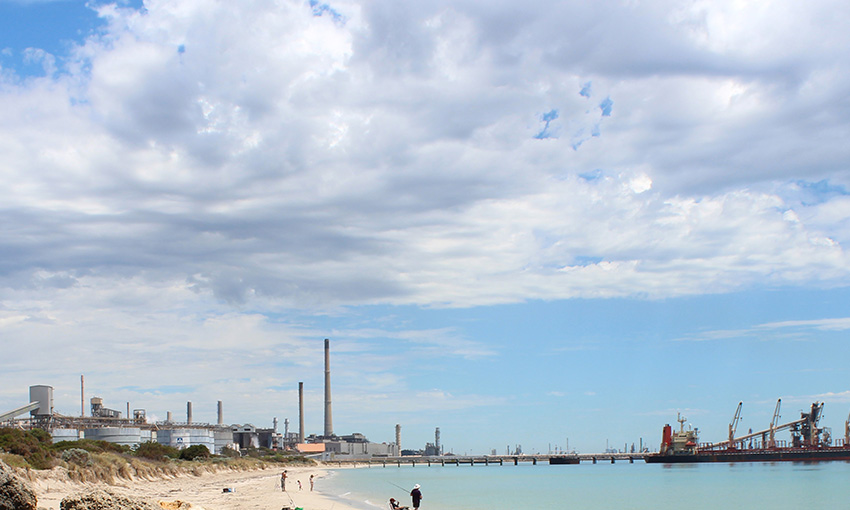LESS than 24 hours after Russia launched an invasion of Ukraine, the conflict has triggered a wave of international sanctions and has crippled freight services in the region.
The Russian government instigated a so-called “special military operation” against Ukraine on Thursday 24 February, prompting a mass evacuation of the nation’s capital, Kyiv.
Governments worldwide have condemned the attack, described by Prime Minister Scott Morrison as a brutal and unprovoked invasion.
“The footage that is emerging of missile strikes, air raid sirens and reports of hundreds of casualties, yet unconfirmed, are sadly not surprising given the events we have been witnessing for some time now and have been warning about,” he said.
Mr Morrison said Australia had imposed autonomous sanctions against Russia prior to the invasion, targeting both people and entities for undermining Ukraine’s sovereignty and territorial integrity.
“Today, we continue to go further, acting with our close partners, the United States, the United Kingdom, Japan, Canada, those in Europe and NATO in condemning Russia’s actions,” Mr Morrison said.
“The government is also engaging with our partners and businesses to make sure we are mitigating risks to critical supply chains, and we will continue to work closely with Australian business to manage those risks.”
Impacts to maritime navigation in the region
A report from Reuters said Ukraine has suspended commercial shipping through its ports, which has sparked fear of supply disruptions.
The Azov Sea has reportedly been closed to commercial vessels under an order from Russia, however Russian ports in the Black Sea remain open for navigation.
Logistics and freight forwarding company GAC, which operates in Russia, said all navigation in the north-western part of the Black Sea has been prohibited until further notice.
According to a statement from the company, ports along the Crimean Peninsula have closed, and inward/outbound formalities at the Russian port of Kavkaz have been temporarily suspended.
Flights to and from twelve airports in southern Russia have also been impacted, with temporary flight restrictions now in place.
Shipping companies announce suspensions and diversions
Several shipping lines have issued updates on services in the region, having largely suspended operations.
Companies impacted by the conflict said they were prioritising the safety of staff and their families and expressed a shared commitment to keep supplies moving as they monitor the situation.
Maersk and Hamburg Süd have announced services in Ukraine have been suspended until further notice, including port calls and the acceptance of orders to and from the country.
The companies’ services in Russia remain available for now but are subject to change as the situation develops.
“Maersk will be closely following how events unfold to gain a better insight into the situation, with teams across the company working with the intense focus of keeping global logistics moving,” the company said in an advisory statement.
It said cargo currently en route to Ukraine is being planned for discharge in Port Said, Egypt; and Port of Körfez, Turkey.
CMA CGM also announced the suspension of all vessel calls to Ukraine until further notice, its BEX and BSMAR services omitting Odessa, Ukraine.
CMA CGM cargo en route to Ukraine will be redirected to ports of Constanza, Romania; Tripoli, Lebanon; and Piraeus, Greece.
Hapag-Lloyd has announced changes to its operational outlook for services in the region. Bookings for Ukraine have stopped, and bookings for Russia have been temporarily suspended.
The company’s office in Odessa, Ukraine has closed, and terminal operations and inland transportation services have stopped.





